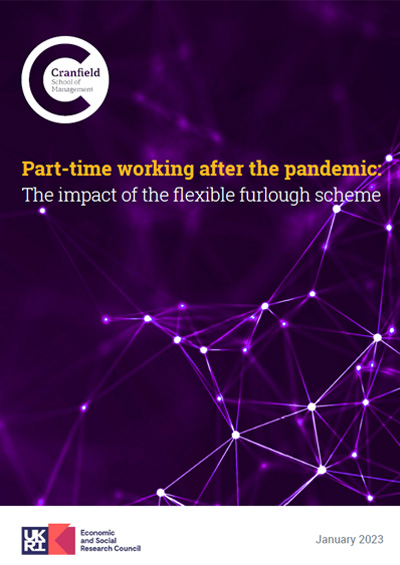Using the flexible furlough scheme during the Covid-19 pandemic was effectively an experiment in part-time working for many employers, particularly those who had not used part-time working previously, or only for a limited range of jobs.
This research examined employers’ experiences and whether and how their perceptions of part-time working were influenced by this.
The research found that through using this scheme employers:
- Learned how to manage part-time working more effectively
- Became more open to offering part-time working opportunities
Together these created a new managerial capability in designing jobs and managing employees working less than full-time. This new capability can be drawn on as a resource in response to a range of challenges in the future.
These findings have implications for:
- Achieving greater workforce diversity
- Tackling economic inactivity, especially amongst the over 50s and those with long-term health conditions
- Responding to labour shortages
- Promoting employee well-being
Implications of the findings
- Greater workforce diversity
- Tackling economic inactivity, especially amongst the over 50s and those with long-term health conditions.
- Responding to labour shortages
- Employee well-being
Recommendations include
- Guidance for employers on managing part-time working effectively
- Encouraging employer innovation in employment practices and the use of part-time working experiments.
- Better understanding of the demand for part-time working.
The research project was led by Professor Clare Kelliher, together with Dr Charlotte Gascoigne and Dr Pierre Walthery and funded the Economic & Social Research Council (ESRC) as part of UK Research & Innovation’s rapid response to Covid-19.
